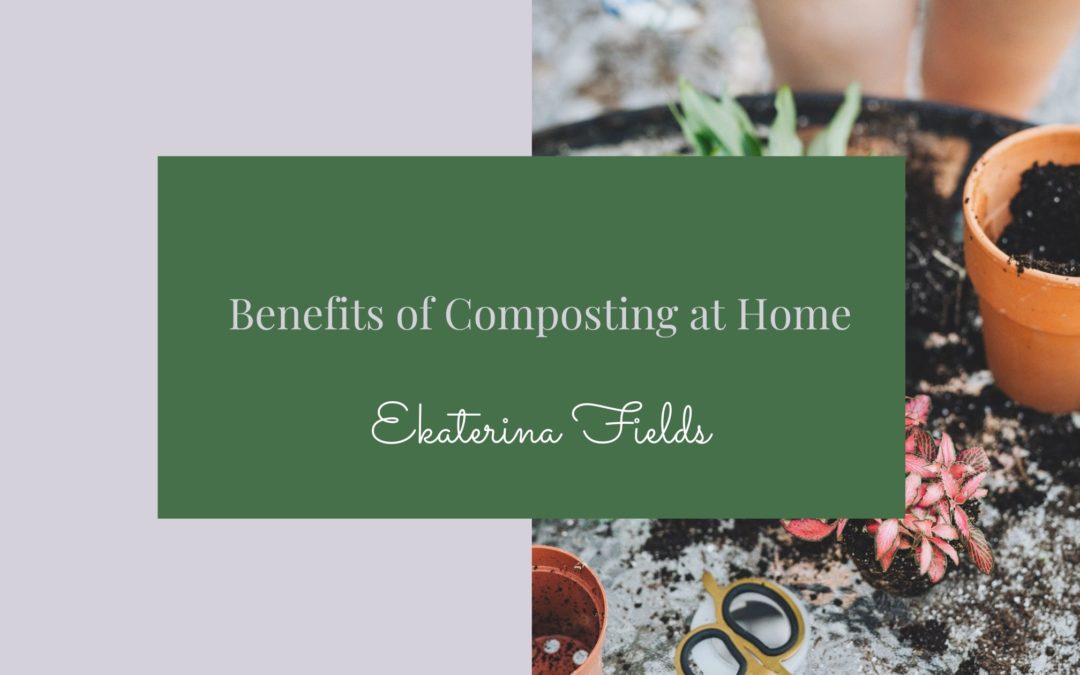When discussing our planet’s future and the need to reduce, reuse, and recycle, one solution that comes to mind to tackle all three of these initiatives is composting. In addition to saving money, energy, and natural resources, the ability to do at home is a satisfying way for people to do their part in helping the environment.
What is Composting?
Compost is a blend of organic material and soil. Worms feed on the organic waste, and then it passes through their system to create high-quality soil. This cyclical process helps plants grow, reduces trash, and saves money on trash-related expenses. It also results in fewer items ending up in landfills, resulting in less methane, a powerful and dangerous greenhouse gas.
How to Begin
Not all items can be composted, so it’s essential to check the regulations before embarking on your own composting program. Yard waste is allowed if it hasn’t been chemically treated, along with food waste that does not contain harmful fats or oils. A compost solution’s breakdown should include brown items (dead leaves, coffee grounds, and twigs) for carbon, green items (vegetable waste and fruit scraps) for nitrogen, and water to help break down all the nutrients. When properly maintained, the earth underneath will act as a sponge, becoming more fertile as microbes thrive.
Ways it Benefits
Composting has a profound impact on our environmental, economic, and social issues. Environmentally, it helps by enriching the soil, enabling it to fight against plant-borne diseases and nutrient-deficiencies. Farmers and gardeners recognize the quality of composted soil and how it impacts their end products. In addition to being nutrient-dense, soil also has a better PH balance, moisture infiltration, and retention. The microbes that are formed also aerate and fertilize the soil.
The local water sources benefit, too. Compost can hold 5-20 times its own weight in water, which means it increases the amount of water that can penetrate the ground. The water can permeate further, all the way to the rock layer, where it swells up and can replenish surrounding bodies of water like ponds and streams. Eventually, all water ends up in the ocean, which means composting will contribute to cleaner water entering our seas.
There are also economic advantages to composting. Waste disposal is a thriving industry, generating hundreds of billions of dollars a year. By decreasing the amount of waste going to landfills, fewer trash receptacles will be needed, along with less road pollution.
*For ideas of hair and beauty products and refills in compostable packaging please see my article Refill! Zero waste Lifestyle.
